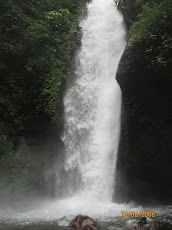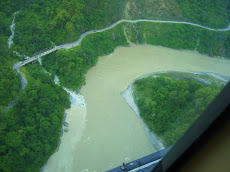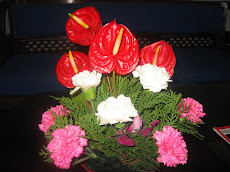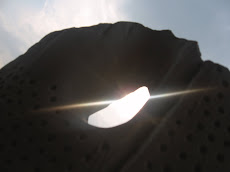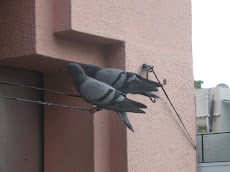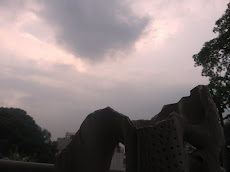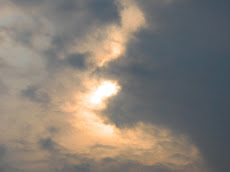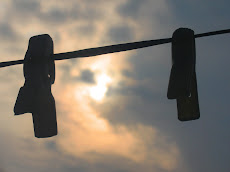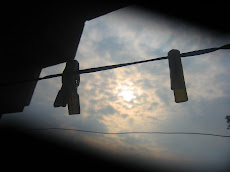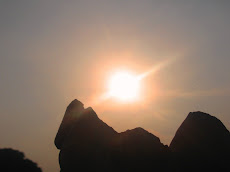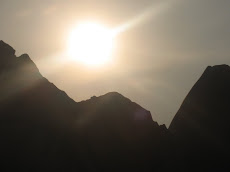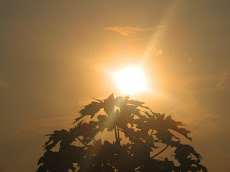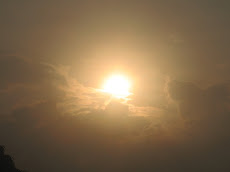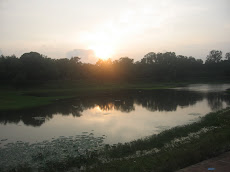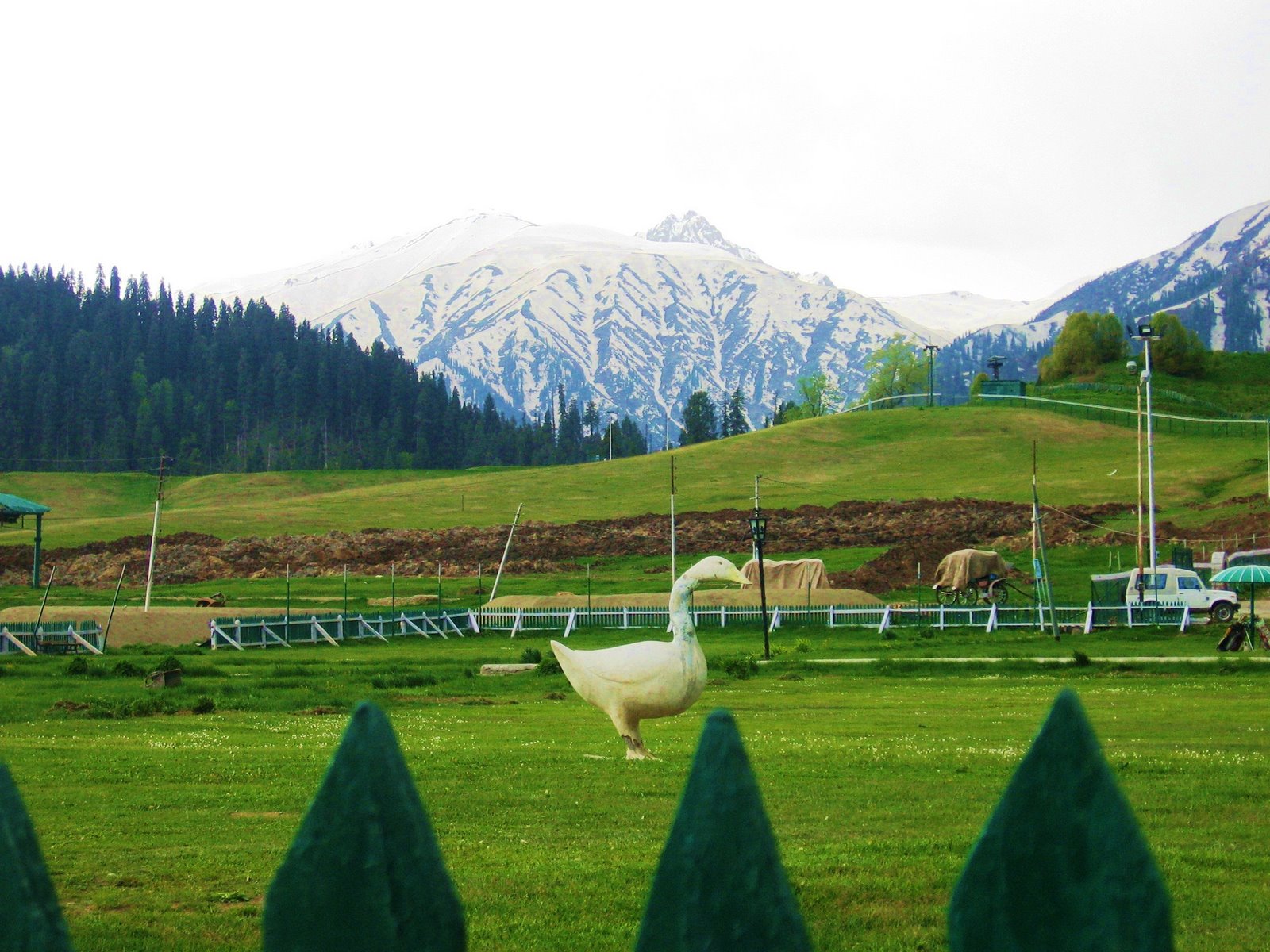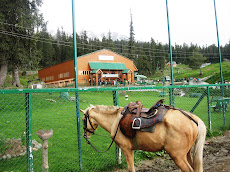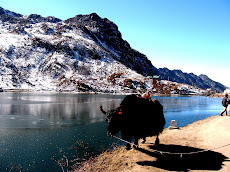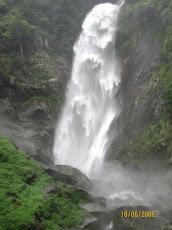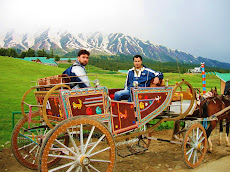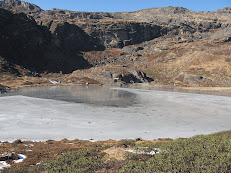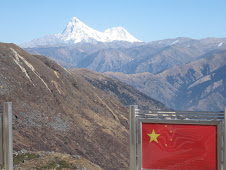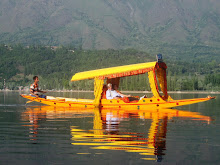Mahatma Gandhi was nominated more
than once for the coveted Nobel Peace Prize. He was never conferred with this
honour. Some of his followers or the apostles, nevertheless, received the same.
Rolihlahla Dalibhunga or Nelson Mandela, who languished and underwent
humiliation in a white controlled jail for twenty seven long years was one such
public figure of repute.
Although he could achieve his
objective of getting his country freed from the clutches of an outright
pro-apartheid regime during his life time, he could not enjoy the political
power for the reasons of age. A reign of more than five years, perhaps could
have legitimately assisted him in actualizing many of his unfulfilled pro-people
dreams and aspirations.
On the contrary, for no fault of his, he had
to suffer immensely on personal front. All the tragedies were tolerated with
such a dignity that they hardly impacted his largely transparent public life.
On being reminded of his sacrifices, he would retort “I am not the only one to
do so. Others too have done that”. Mandela, therefore, deserves to be admired and
respected for his vision, tolerance, intellect and integrity.
Several heads of states, public
figures, activists, artists and sportspersons would come out with words of
praise in his honour now that he has breathed his last in the dying moments of
5th December 2013 but how many of them actually comprehended the
basic tenets of passive resistance he championed, will be anybody’s guess. Our
mystical, yet materialistic world has moved like this. It may continue to
progress in this manner in the days to come.
With the advent of Drone, upgraded cell-phones,
automobiles, communication devices & automatic weapons, experiments with
untruth are flourishing in a mathematical progression. No one even on tasting
setbacks appears interested in drawing a line between the need and greed. Commodification of the humankind,
vociferously opposed to by Gandhi, Marx, and Mandela goes on unabated in some
form or the other.
Fondly called Madiba by his
countrymen, the 95 year old statesman, who began his career as a security
guard, effectively anchored a non-violent tirade without having met Mahatma
Gandhi even once. In his autobiography ‘Long Walk To Freedom’, he, however,
acknowledged as to how the passive resistance movement led by two Gandhian
followers against the Asiatic Land Tenure Act in South Africa had influenced
him. In addition, choice of India for his first ever foreign visit on being
released from the prison had its own weightage and significance. All said and
done, South Africa may continue to be relevant for India even in the
post-Mandela era.
India, on its part had always given a
loud message to the world by voicing its unequivocal opposition to the racial
regime in South Africa at fora, such as, UNO,NAM and CHOGM. Same was logically
followed by conferring the Bharat Ratna on Mandela. Incidentally, this was only
the second time that the highest Indian civilian honour was being bestowed on a
foreign dignitary. Earlier another Gandhian, Khan Abdul Gaffar Khan was chosen
for his non-violent initiatives in the North West Frontier Province of
Pakistan.
Though his credentials as a
non-violent crusader cannot and should not be doubted, it is also a fact and
not a figment of imagination that after African National Congress was banned in
1960, Mandela became impatient and desperate to the extent that he had to resort
to an armed struggle against the State. This would not have found favours in
the Gandhian era. The cancellation of Non-cooperation Movement by Mahatma Gandhi
in 1919 in the wake of violence in Chauri Chaura in U.P. is an effective case
in point. Another digression, perhaps, was Mandela’s consent to share the 1993
Nobel Peace Prize with the last South African President of the notorious apartheid
era. How could a reward in recognition of a mass mobilization of the sufferers
be shared with the very perpetrators of the crime?.
His deteriorating physical health,
presumably owing to bouts of sorrow and solitude in a tiny cell of 5x 6 feet at
the Robben Island impelled him to enter the wedlock thrice :1944, 1958 and in
1998.In between two divorces took place.
Having lost three children and a great grand daughter, he is now survived by
three daughters, seventeen grandchildren and fourteen great grandchildren.
While we mourn his irreparable loss,
shall we hope and pray that his close associates and followers will continue to
sustain the struggle for justice, human rights and a society free from the racial
discrimination?.
May South Africa progress at a rapid
pace with or without the aegis of BRICS as it has to catch up fast the lost
opportunities and decades.


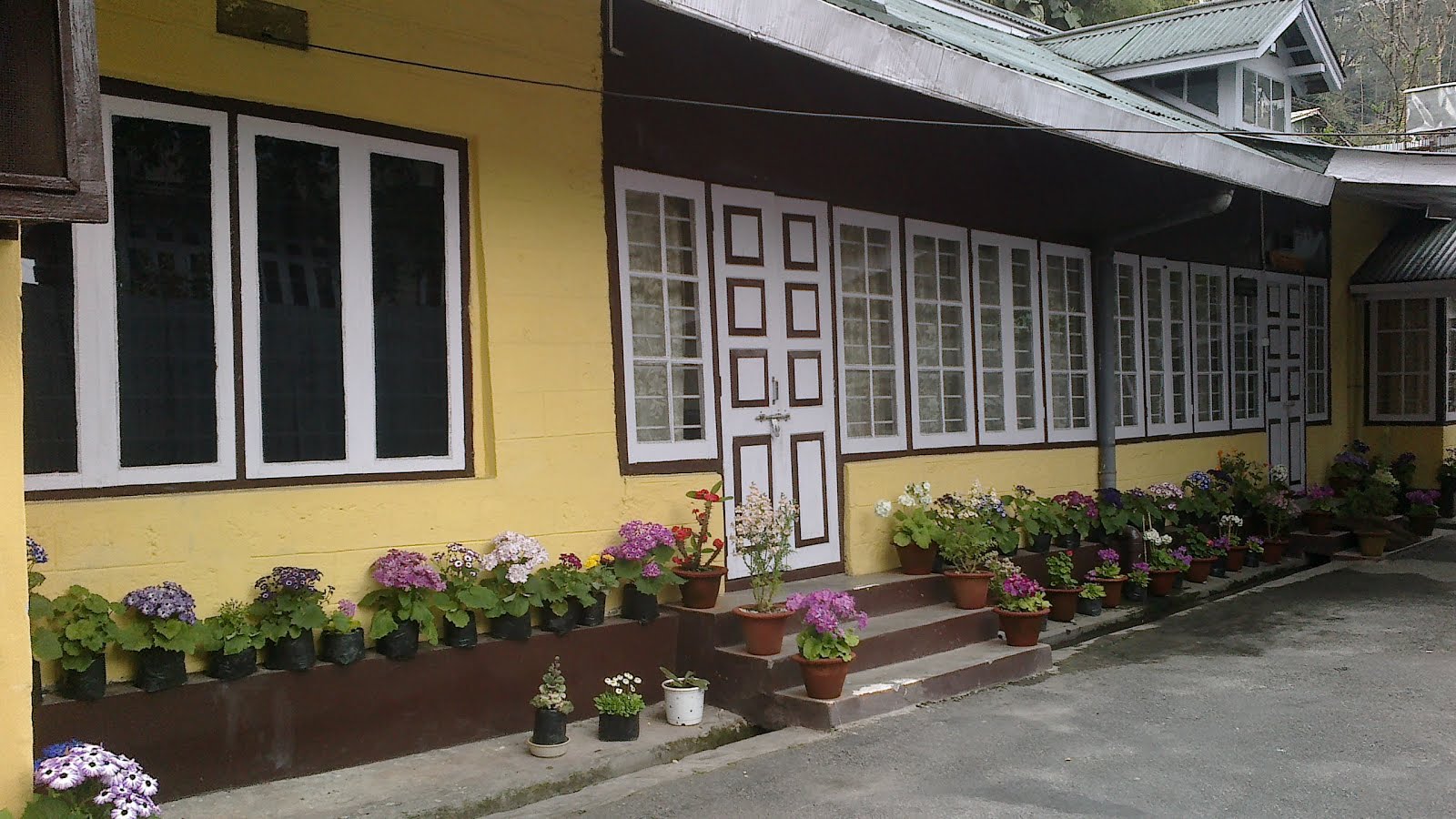







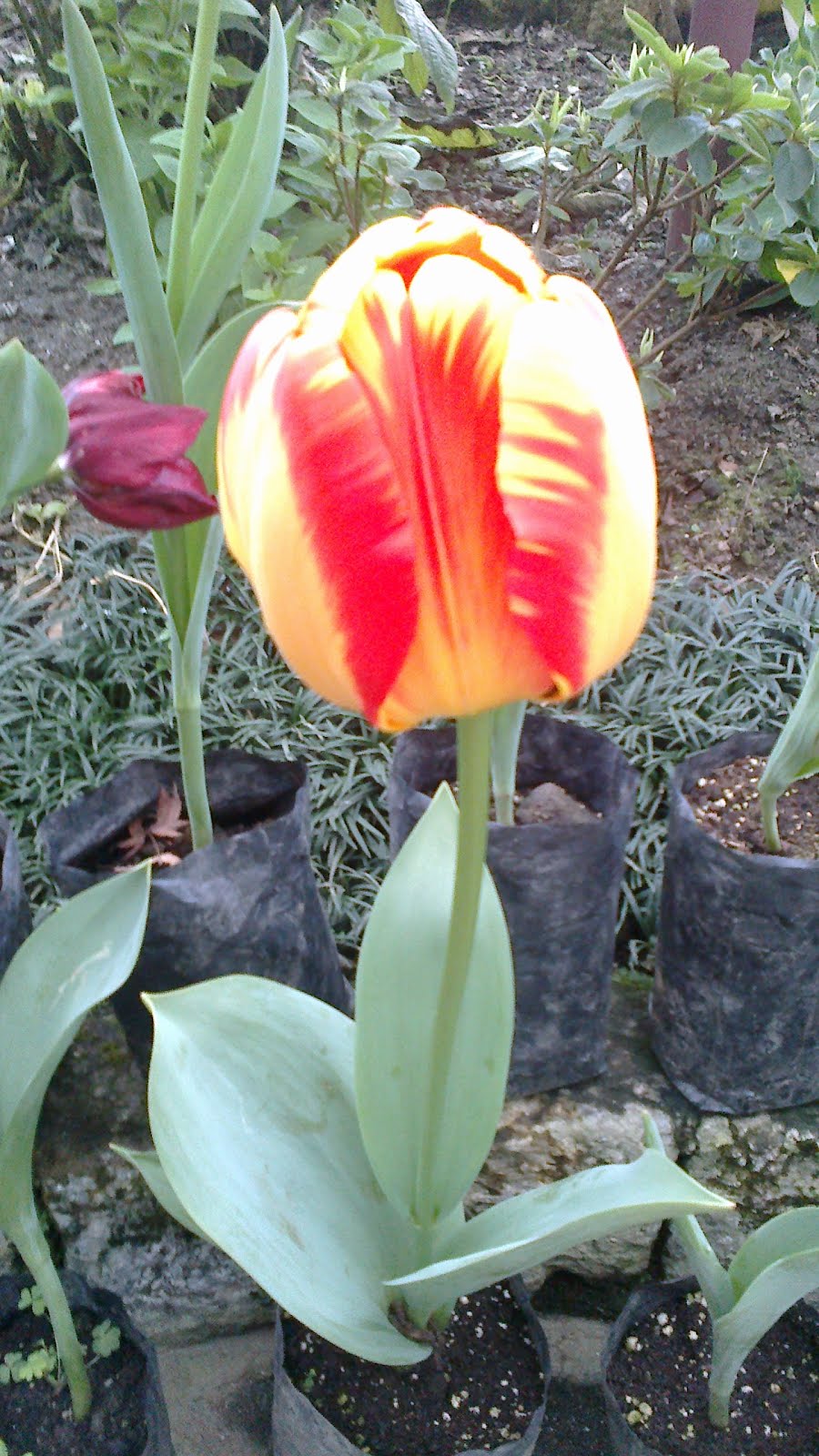
















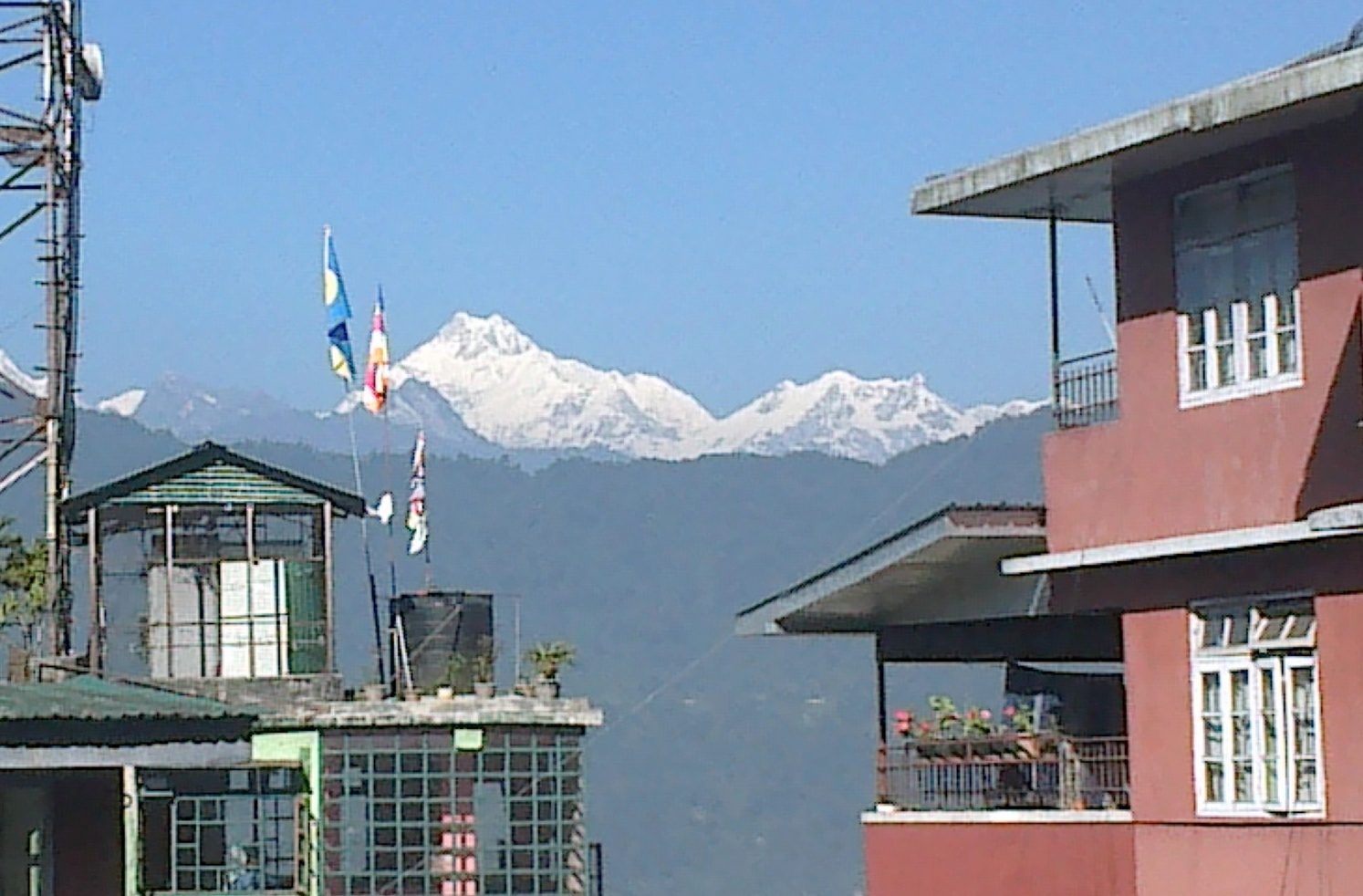


























































































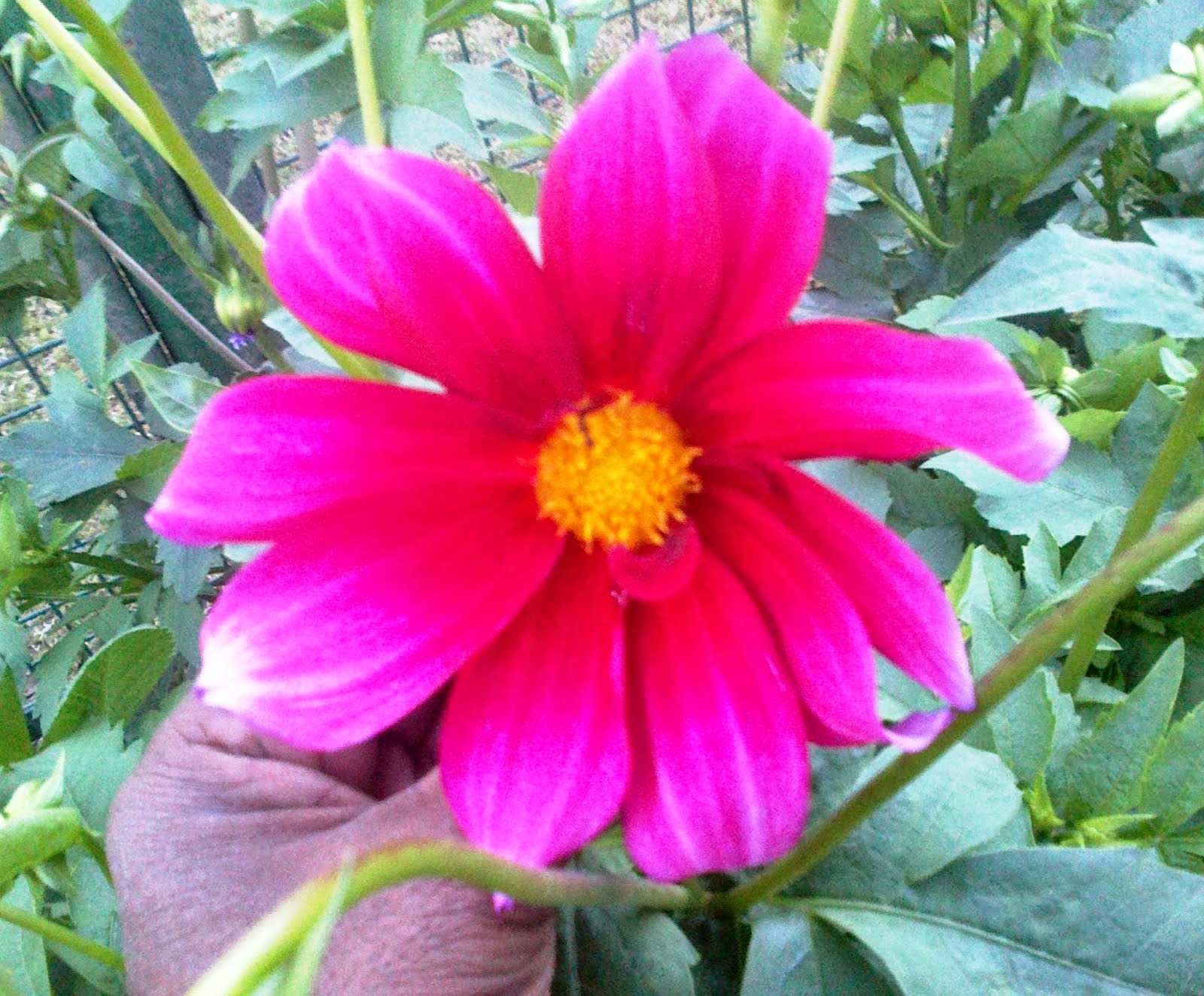



















































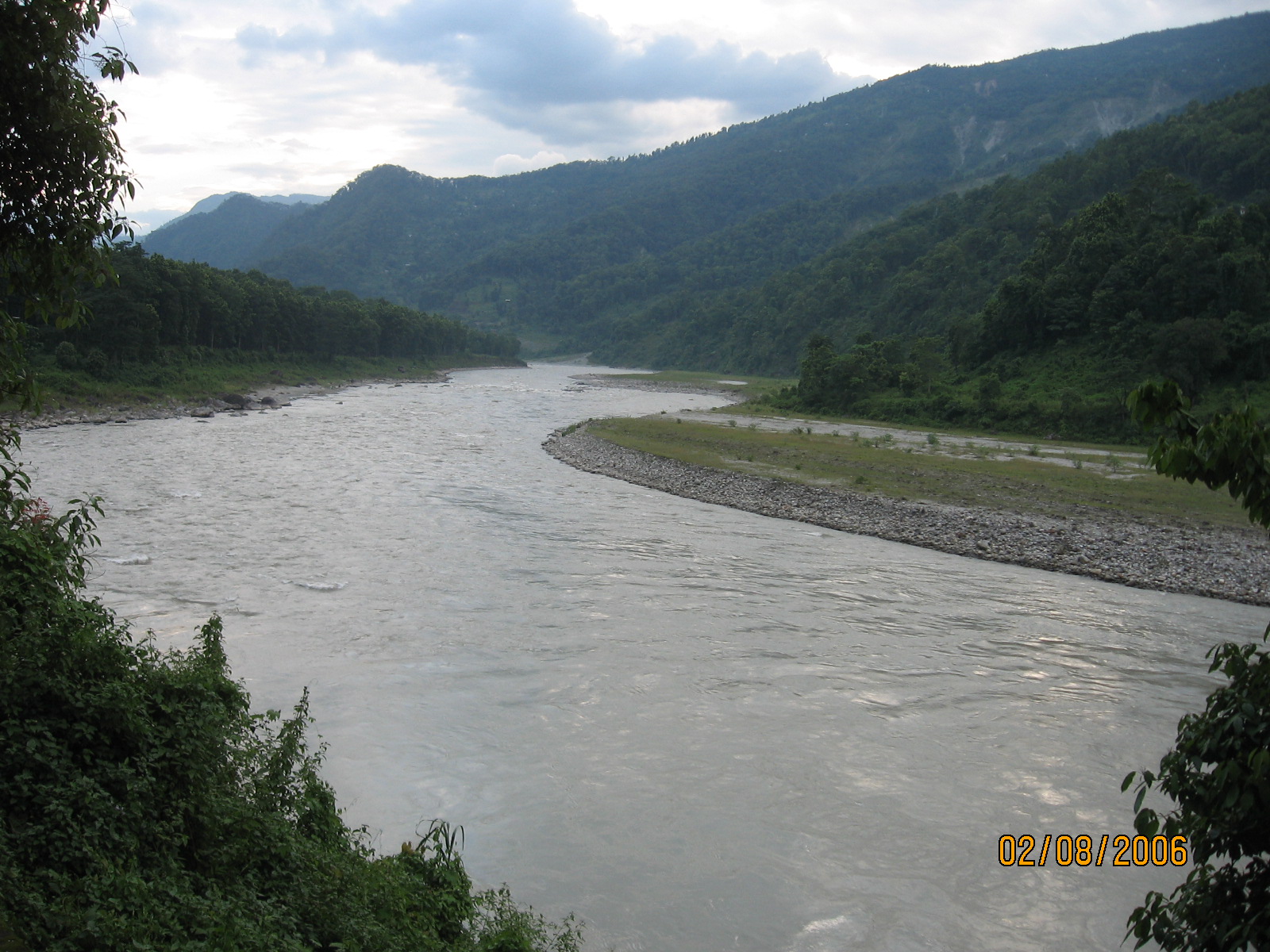

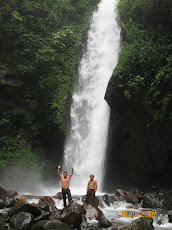
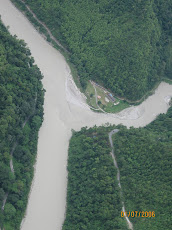
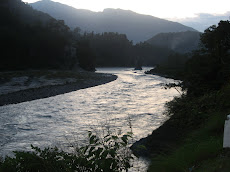
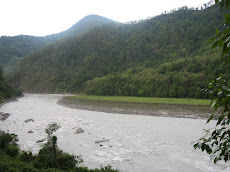
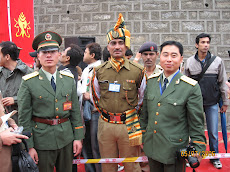
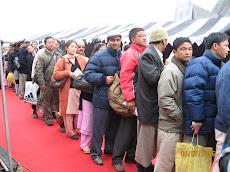
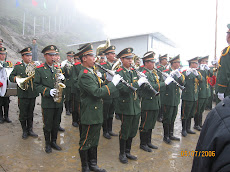


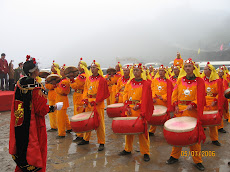
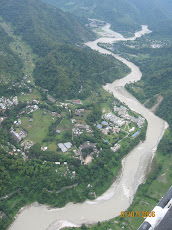




















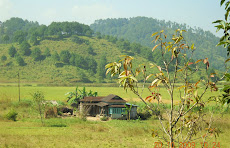
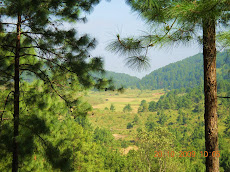








.jpg)







